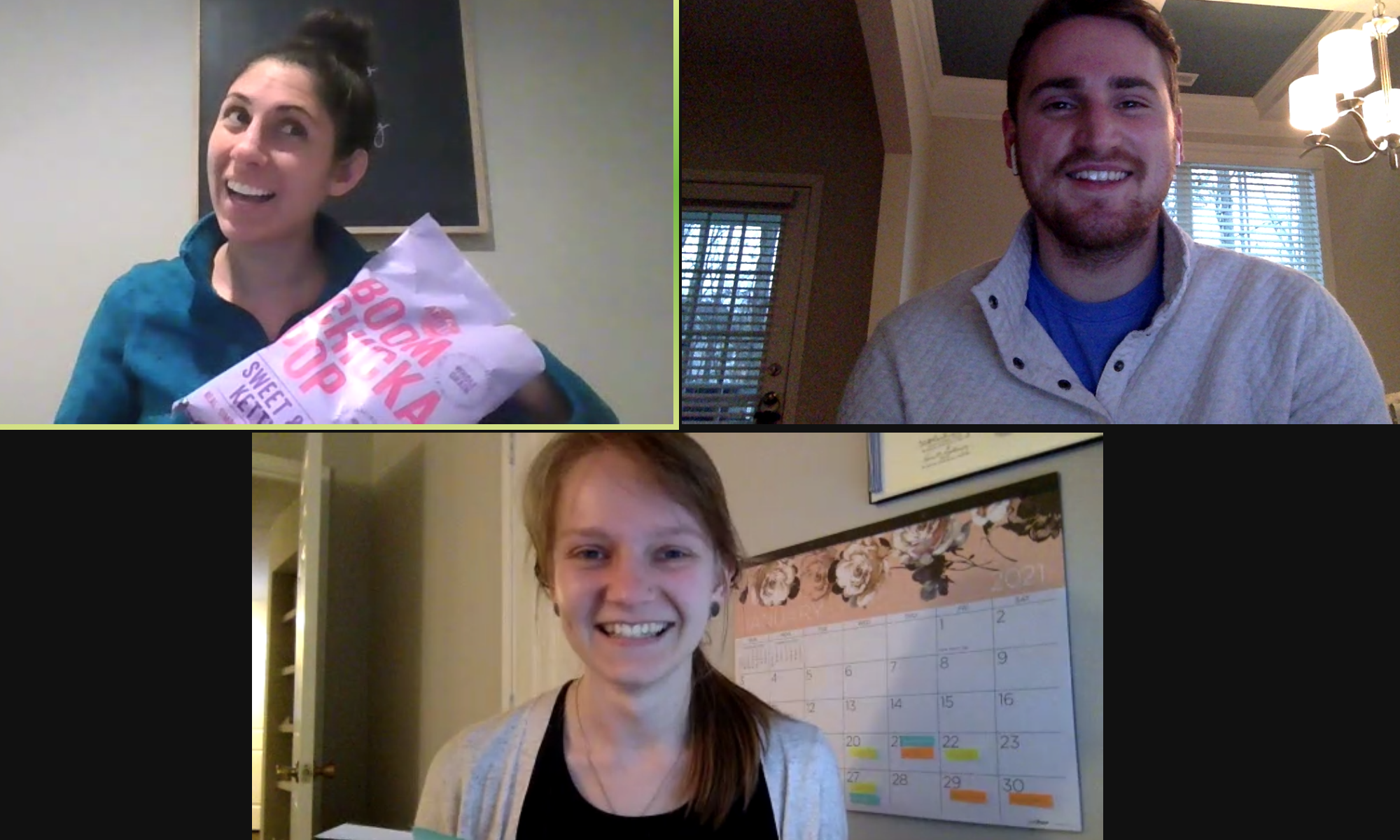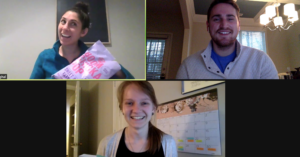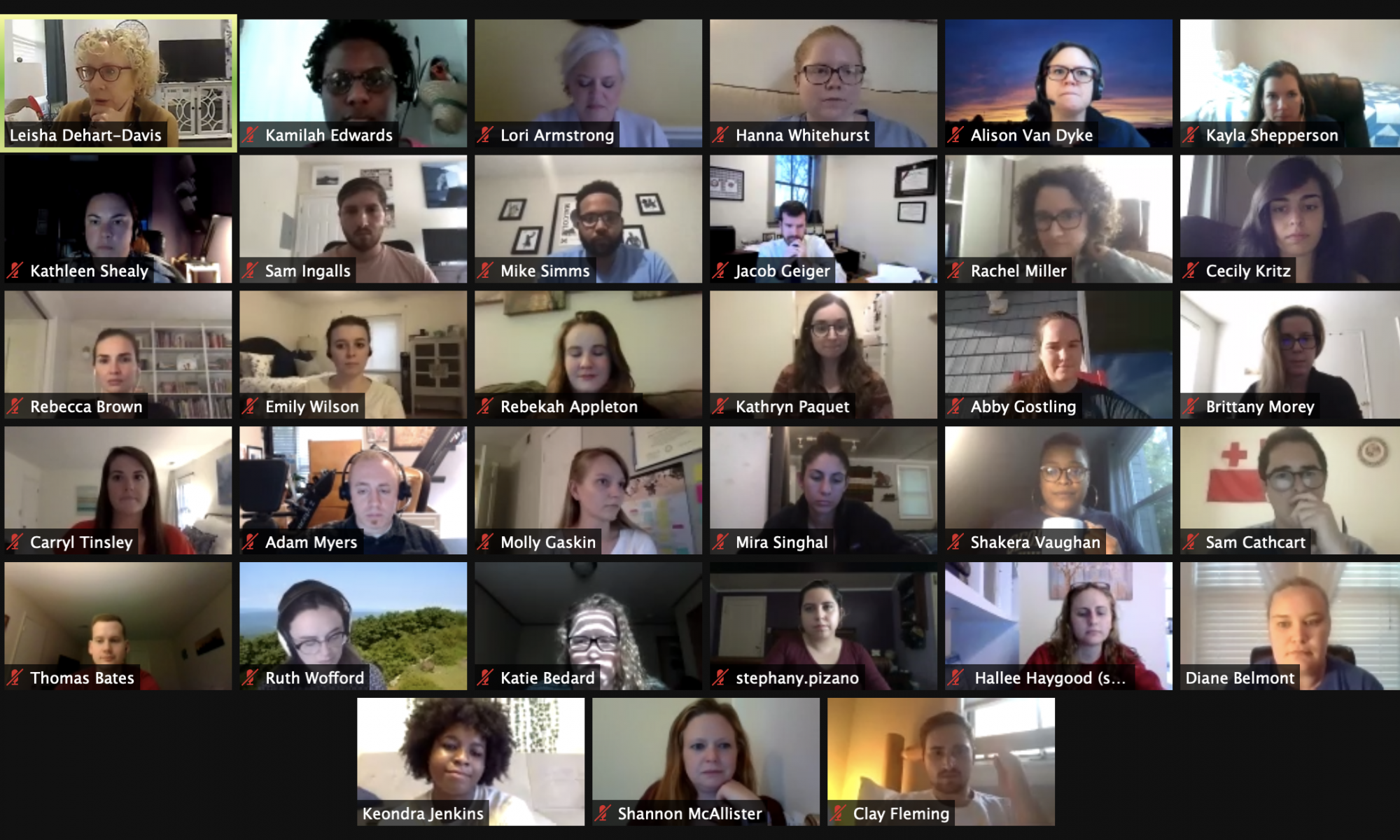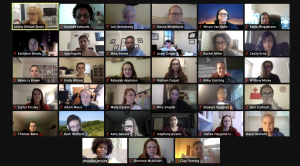Now that the semester is coming to an end and the residential MPA students have visions of finals dancing in their heads, I wanted to offer an opportunity for them to slow down and reflect on what they have learned this semester. For some, this reflection revealed clarity about career aspirations and personal values. Others were found inspiration in their coursework and gratitude for the people supporting them through an unusual and trying semester. Here are a few reflections from current residential MPA students:
Kathryn Paquet (2nd year)
“This year, I feel that I’ve gained a lot of clarity on my personal and professional guiding values, thanks in large part to Professor Rick Morse and the reflection he’s encouraged of us throughout the semester in his Public Leadership class. It’s been really revealing doing this work in light of COVID-19 and the evolution of the Black Lives Matter movement. As the world and our country have faced reckonings on many levels, I’ve learned that social justice will always be my foremost guiding value, and that I will be happiest in a work environment where challenging norms and pushing boundaries in the name of equity are encouraged and embraced. This year has shown me that it’s vital that I not settle for anything less, because we need people who are true advocates in order to affect systemic change in public administration.”
Sally Moore, (1st year)
I’ve learned that the people of the MPA program are dedicated, hardworking, and highly competent in their work. The staff is incredible, the professors are fantastic, and the cohorts are more welcoming and collaborative than I thought possible!
Laura Robinson (2nd year)
“PUBA 711, Public Service Leadership, has allowed for a lot of personal reflection, which has challenged me to think about how I can be a more equitable, fair, and just leader. My leadership ideals have furthered been challenged in an Independent Study with Dr. Maureen Berner where we are using relevant literature and research to write, create, and implement a curriculum on the concept of social inclusion for local government officials in Eastern Europe and North Carolina. This has been one of the most difficult projects during my MPA time, but also one of the most rewarding. My professional background in education has merged with current Public Administration affairs that matter now more than ever. Understanding ways in which I can grow as a leader, along with Dr. Berner’s wonderful and encouraging partnership, has allowed me to focus on building my leadership and apply it to a project management (with the Independent Study project).”
Nikki Abija (1st year)
“I learned that it’s ok to struggle. The pandemic has a way of isolating you and making it feel like you can’t do anything right. Simple tasks become very difficult and everything feels outside of your control. The MPA program is full of people who push me even though life seems to have completely stopped for the last nine months. I appreciate it a lot!”
Mira Singhal (2nd year)
“While this semester was undoubtedly challenging for everyone— students, professors and faculty— it was incredible to observe how we still managed to learn, to grow and adapt, all while still promoting the goals and objectives of this program. It made me realize just how useful critical thinking, flexibility, and patience are in the real world as well as the academic world.”
Anonymous
“I knew the importance of learning standard operating procedures when starting a new job, but I did not understand the importance of the law in public service. Before this semester I had not looked at general statutes and was not even sure I could if I wanted to. Learning the law can be hugely important when working in the public sector— everything from receiving a gift, working with public contracts or granting a person the right to build a pool in their backyard.”
Francesco Tassi (1st year)
“Professor Morgan’s economic development elective was so insightful. Coming from a European perspective, I assumed most local economic development relied on public grants. But as we explored in class, local governments have a host of strategies and tools at their disposal to work with the private sector. Researching rural economic development for Prof. Berner’s class, I was delighted to be able to connect with, and receive guidance from Professor Dabson, a research fellow specializing in rural development at the SOG. Being in the MPA program also means access to the larger SOG faculty.”
Mallory Verez (1st year)
“Having supportive professors and peers really aids in learning from this program and finding professional growth.”
While this semester looked vastly different for students and required adaptability and managing expectations, there is reassurance and comfort in the lessons we learn. I’m thankful for each of these students taking the time to appreciate and share their reflections. When reflecting on my semester, I have learned the importance of slowing down and taking the time to appreciate the people who support us in our everyday lives. I’m thankful for my cohort and how dedicated this incredible group of people are to checking-in on each other to ensure we are all well. Without these individuals, my Carolina MPA experience would not be the same.
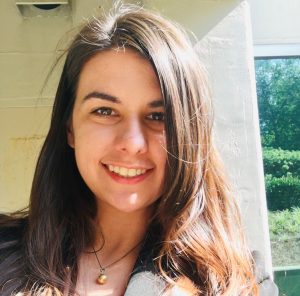
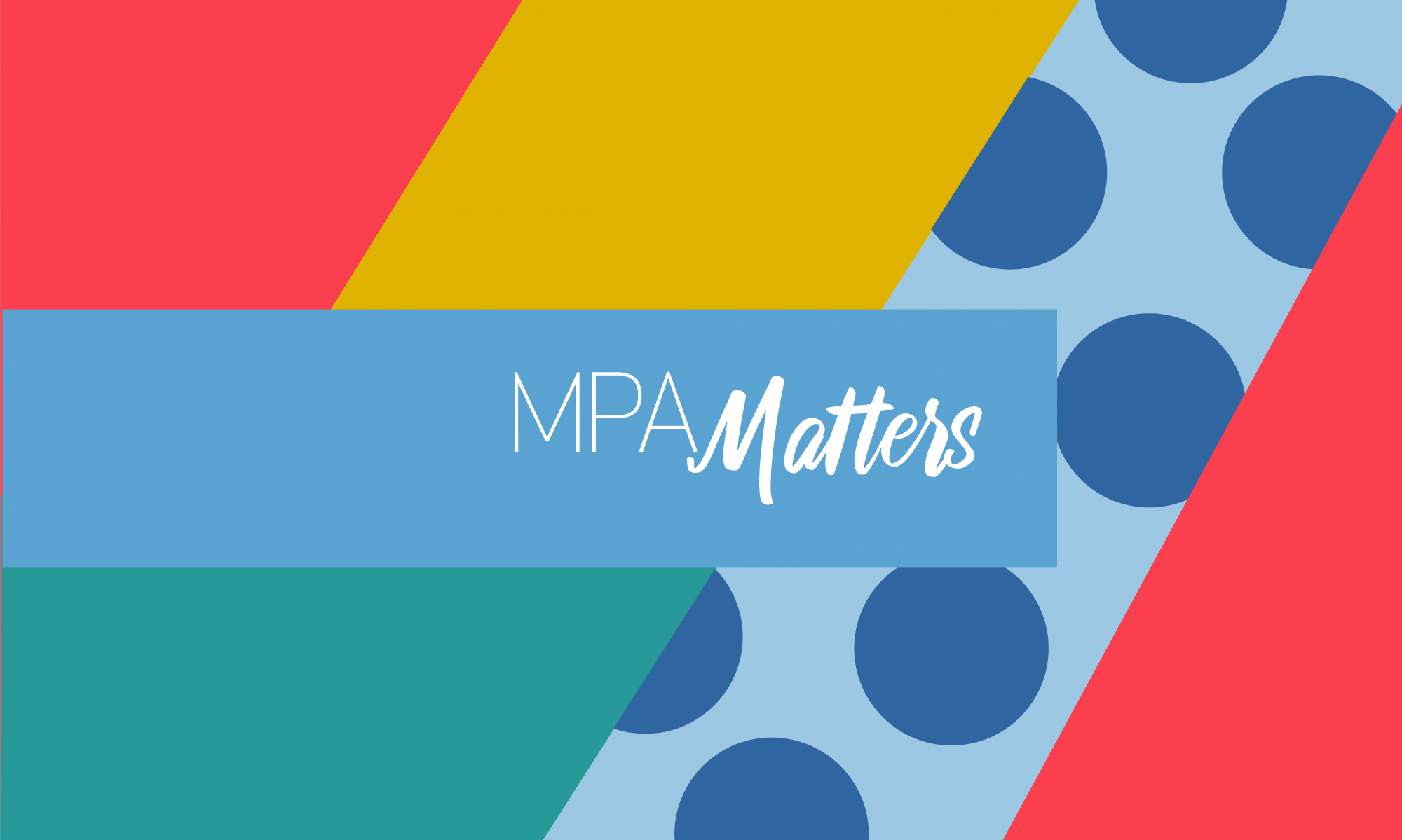

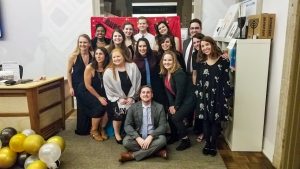
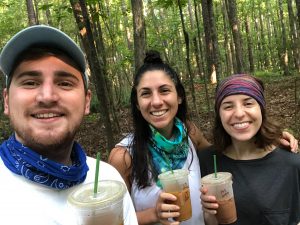
 I am working with the North Carolina Business Committee for Education (NCBCE) to fulfill my PWE hours for the MPA program. NCBCE is a non-profit organization that operates out of the Office of the Governor and serves as link for North Carolina employers and the education system. NCBCE invests significant time and resources to develop and promote work-based learning initiatives in North Carolina. In early 2020, pre-pandemic and before our lives changed, NCBCE, in partnership with the North Carolina Community Colleges, the Office of the Governor, myFutureNC, and the state Division of Workforce Solutions, launched NC Career Launch—an effort to increase post-secondary attainment and connect students to jobs in high-demand fields. Unfortunately, the pandemic interrupted the initiative’s momentum. I am working with the Executive Director of NCBCE to elevate NC Career Launch and restore the pre-pandemic momentum. One way we are working to accomplish this goal is by developing youth apprenticeship programs to pilot under NC Career Launch.
I am working with the North Carolina Business Committee for Education (NCBCE) to fulfill my PWE hours for the MPA program. NCBCE is a non-profit organization that operates out of the Office of the Governor and serves as link for North Carolina employers and the education system. NCBCE invests significant time and resources to develop and promote work-based learning initiatives in North Carolina. In early 2020, pre-pandemic and before our lives changed, NCBCE, in partnership with the North Carolina Community Colleges, the Office of the Governor, myFutureNC, and the state Division of Workforce Solutions, launched NC Career Launch—an effort to increase post-secondary attainment and connect students to jobs in high-demand fields. Unfortunately, the pandemic interrupted the initiative’s momentum. I am working with the Executive Director of NCBCE to elevate NC Career Launch and restore the pre-pandemic momentum. One way we are working to accomplish this goal is by developing youth apprenticeship programs to pilot under NC Career Launch.